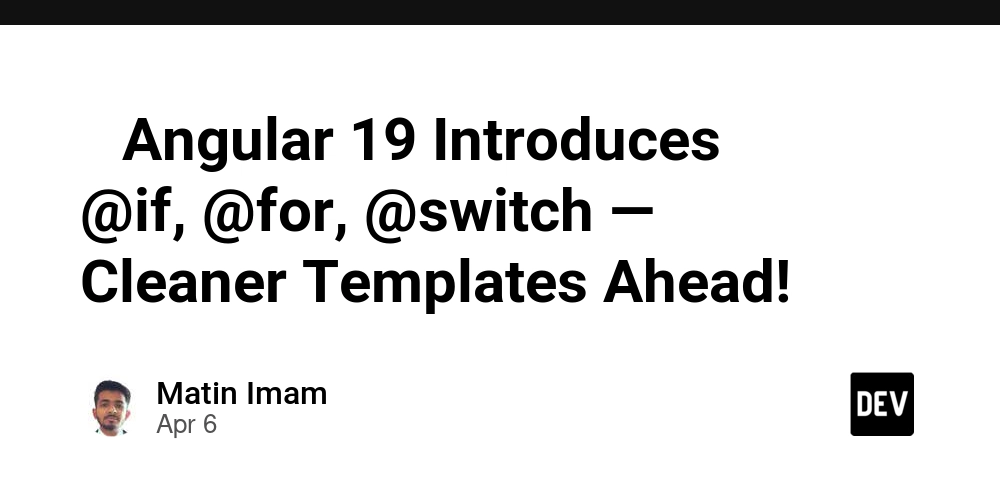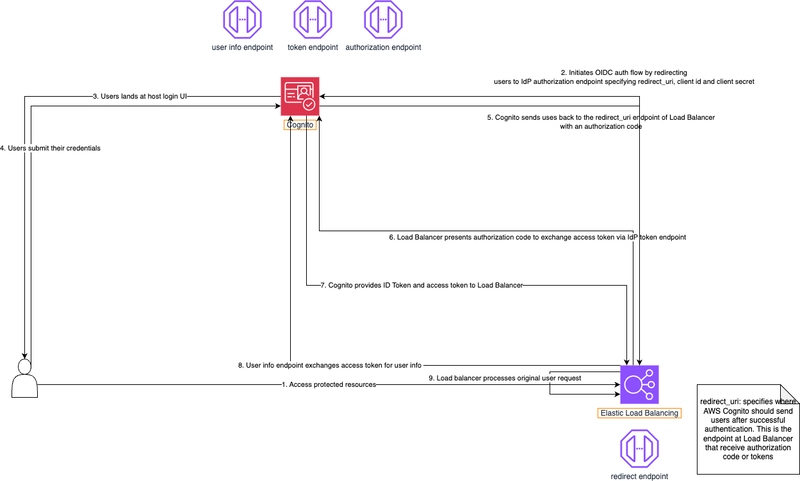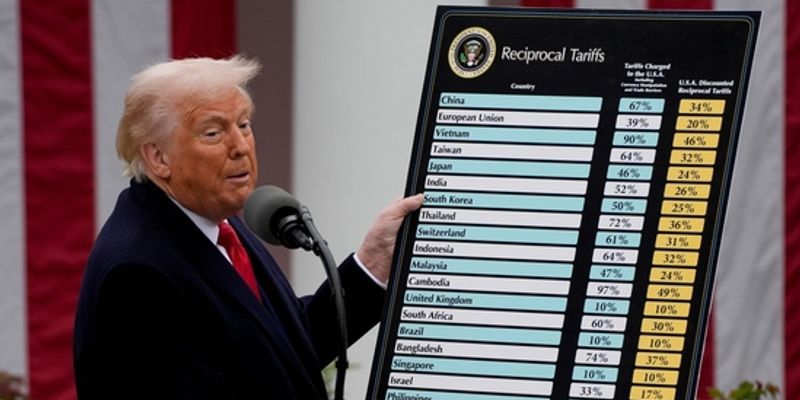If you're still using *ngIf, *ngFor, and *ngSwitch, Angular 19 just gave you a reason to upgrade your template game. Angular now supports JavaScript-style control flow syntax directly in your templates: @if (user) { Hello, {{ user.name }}! } @else { Please log in. } @for (item of items; track item.id) { {{ item.name }} } @empty { No items found. } @switch (status) { @case ('success') { Success! } @case ('error') { Error! } @default { Unknown } } ✅ More readable ✅ Less boilerplate ✅ Built-in @empty and real @else blocks ✅ IDE-friendly and intuitive Want to see side-by-side comparisons with the old syntax?

If you're still using *ngIf, *ngFor, and *ngSwitch, Angular 19 just gave you a reason to upgrade your template game.
Angular now supports JavaScript-style control flow syntax directly in your templates:
@if (user) {
Hello, {{ user.name }}!
} @else {
Please log in.
}
@for (item of items; track item.id) {
{{ item.name }}
} @empty {
No items found.
}
@switch (status) {
@case ('success') { Success! }
@case ('error') {
Error! }
@default {
Unknown }
}
✅ More readable
✅ Less boilerplate
✅ Built-in @empty and real @else blocks
✅ IDE-friendly and intuitive
Want to see side-by-side comparisons with the old syntax?












































































































































































![[The AI Show Episode 142]: ChatGPT’s New Image Generator, Studio Ghibli Craze and Backlash, Gemini 2.5, OpenAI Academy, 4o Updates, Vibe Marketing & xAI Acquires X](https://www.marketingaiinstitute.com/hubfs/ep%20142%20cover.png)



























































































































![[DEALS] The Premium Learn to Code Certification Bundle (97% off) & Other Deals Up To 98% Off – Offers End Soon!](https://www.javacodegeeks.com/wp-content/uploads/2012/12/jcg-logo.jpg)


![From drop-out to software architect with Jason Lengstorf [Podcast #167]](https://cdn.hashnode.com/res/hashnode/image/upload/v1743796461357/f3d19cd7-e6f5-4d7c-8bfc-eb974bc8da68.png?#)








































































































.png?#)


































_Christophe_Coat_Alamy.jpg?#)


.webp?#)
 (1).webp?#)



































































































![Apple Considers Delaying Smart Home Hub Until 2026 [Gurman]](https://www.iclarified.com/images/news/96946/96946/96946-640.jpg)
![iPhone 17 Pro Won't Feature Two-Toned Back [Gurman]](https://www.iclarified.com/images/news/96944/96944/96944-640.jpg)
![Tariffs Threaten Apple's $999 iPhone Price Point in the U.S. [Gurman]](https://www.iclarified.com/images/news/96943/96943/96943-640.jpg)





































































































































